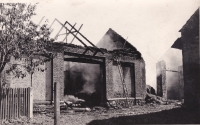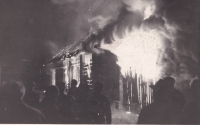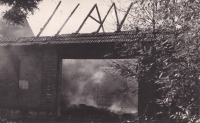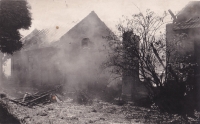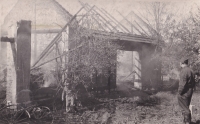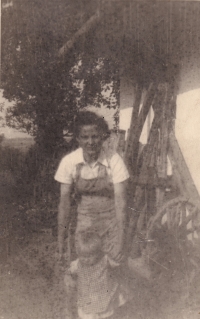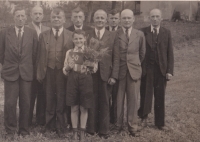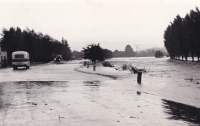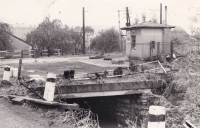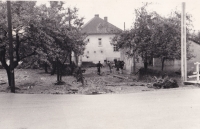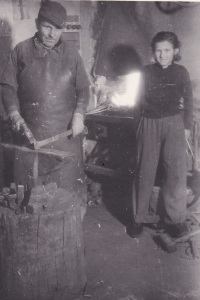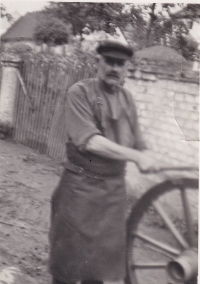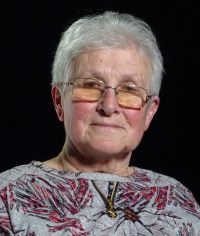The communist regime took dad’s smithery away. The daughter was not allowed to study.
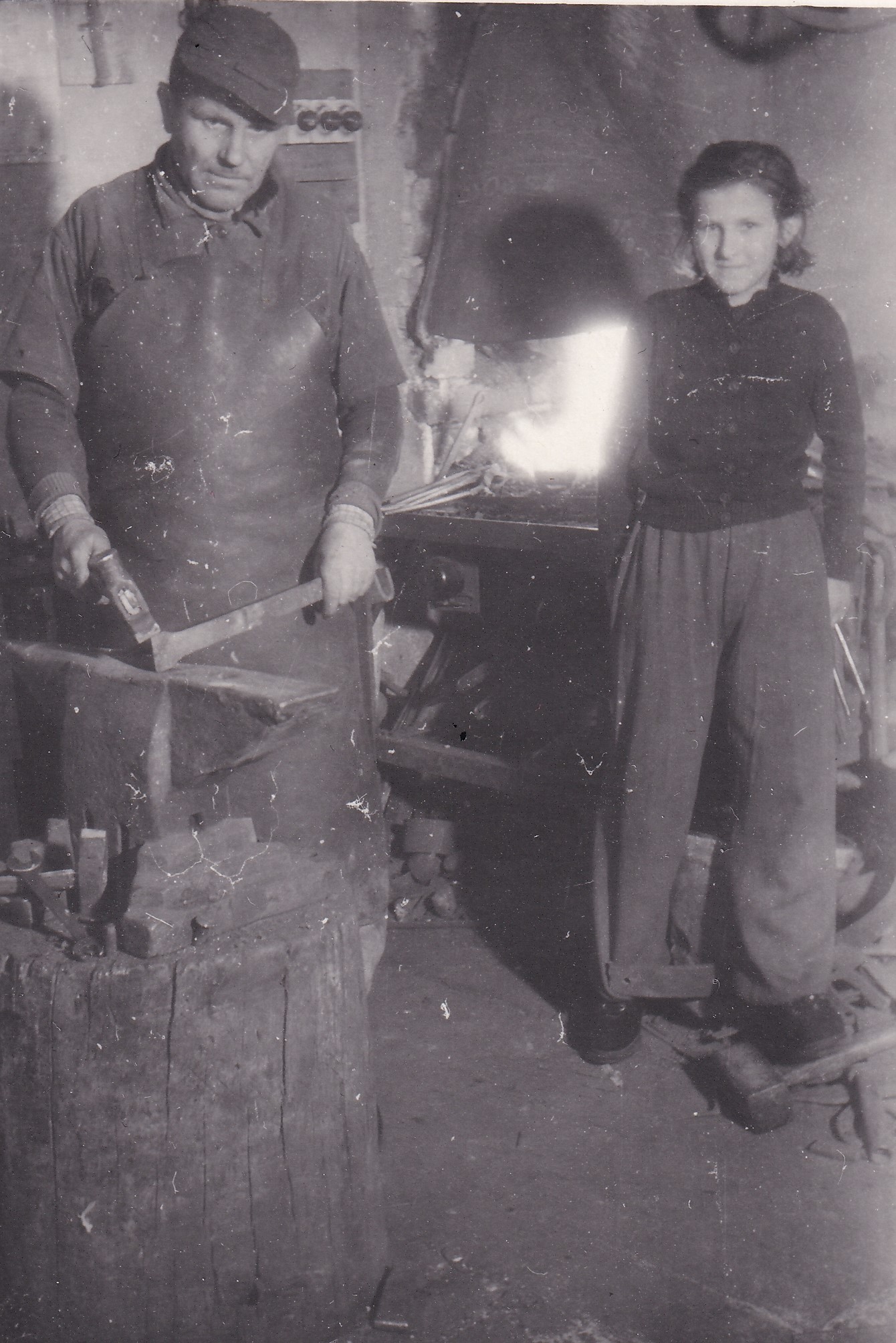
Download image
Jana Pokludová, née Šoltysová, was born in Brušperk on 13 April 1944 into blacksmith Rudolf Šoltys’ family. The family lived in a modest house with four rooms, one of which was used as the workshop. The blacksmith business ran in the family for three generations; the witness used to help her dad as a little girl and she can still remember the correct procedure of horseshoeing a horse. As the family was strongly religious, the communist officials did not allow Jana to study at a telecommunications school. She was offered three different options. She chose a bakery vocational school, following which she also completed a school-leaving exam at a technical school in Pardubice. Thanks to that, she was able to work in a laboratory at Severomoravské pekárny a cukrárny (North Moravian Bakeries) in Martinov and then in Sviadnov. She was dismissed after the Velvet Revolution, but she found a job at the shipping department of the bakery in Cihelní Street in Ostrava. The witness retired after that. At the time of the recording in 2022, the witness was living as a widow in Brušperk.
